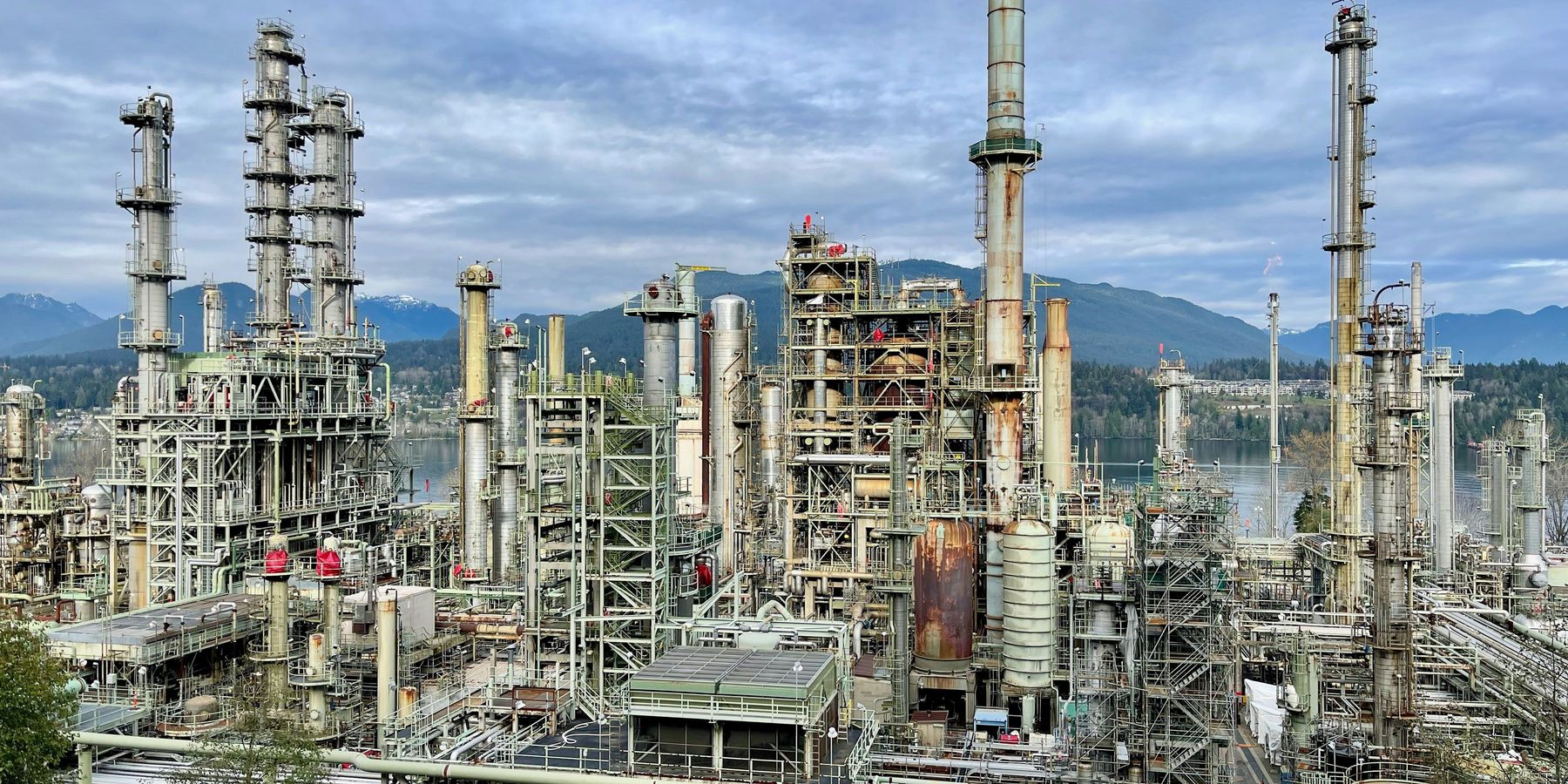
California shuts down oil refineries without clear plan for fuel or climate transition
Two major California oil refineries are closing without a statewide strategy in place, raising concerns about rising gas prices and weakening climate commitments.
In short:
- The upcoming closures of Phillips 66 and Valero refineries will cut California’s refining capacity by 17%, likely increasing gas prices while offering uncertain climate benefits, as gasoline imports may fill the gap.
- State lawmakers appear unprepared for the shift, with some proposing to relax environmental regulations to maintain fuel supply, prompting criticism from climate advocates.
- Oil companies blame regulation, but analysts point to declining demand and global market trends, with over 20% of refineries worldwide expected to shut by 2035.
Key quote:
“A piecemeal approach to the [energy] transition is not the answer. We need a real plan.”
— Cottie Petrie-Norris, a Democrat who represents portions of Orange County in the state assembly
Why this matters:
As California pushes forward in its transition away from fossil fuels, the closure of key oil refineries reveals the logistical and political challenges of managing that shift. Without a robust plan, the state risks short-term energy instability and price spikes while potentially compromising its long-standing climate goals. The situation also underscores a broader dilemma many regions face: how to retire legacy energy infrastructure while ensuring affordable, reliable alternatives are ready to take over. Electric vehicles and renewables are on the rise, but they remain far from dominant, especially with federal incentives shrinking and infrastructure gaps persisting.













